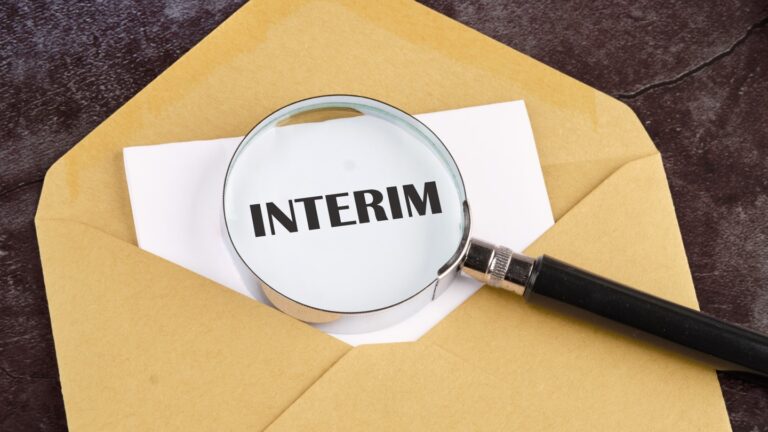Brain Injury after Cholesteatoma: Do I have a Legal Claim?
In my work, I represent clients who have suffered injuries due to medical negligence or accidents that were not their fault. With cases where there have been medical failures, I investigate conditions that aren’t always commonly known.
One of the cases I won, involved a patient who suffered a cholesteatoma which had caused a brain injury. Cholesteatomas are complex and I would recommend anyone who has concerns about their treatment to speak to a lawyer specialising in this area.
Below, I explain some of the key factors to consider when looking to pursue a legal claim for this condition:
- What is cholesteatoma?
As noted by the NHS: “A cholesteatoma is an abnormal collection of skin cells deep inside your ear. They’re rare but, if left untreated, they can damage the delicate structures inside your ear that are essential for hearing and balance.”
- How can it cause a brain injury?
As with any condition, a cholesteatoma can get worse and cause complications. If cholesteatoma is not treated and worsens, it can cause an ear infection, vertigo or hearing loss. In more serious cases, it can cause a brain injury.
When a brain injury is caused by a cholesteatoma, this will most likely have happened because the patient suffered from meningitis or developed an ear infection which spread into their inner ear and brain, forming a brain abscess.
Meningitis is a serious inflammation of the brain and spinal cord. To know more about legal claims relating to meningitis, please click here.
A brain abscess is a collection of pus that forms after there’s infection or trauma in the brain. It’s a medical emergency that requires immediate treatment. If not, this can cause a loss of blood and oxygen to the brain – which can cause irreversible brain damage. In worst case scenarios, patients are at risk of death.
- What legal tests do you have to prove?
To prove a case for medical negligence, you must be able to satisfy two legal tests: a breach of duty and causation. To do this, you’ll need evidence from independent medical experts which supports your case or the Defendant will need to have admitted its own negligence. Your solicitor will identify appropriate experts to instruct for evidence in your case.
To prove a breach of duty, you need evidence to show that the medical treatment you received fell below an acceptable standard and that no other responsible body of medical practitioners would have provided it.
To prove causation, you need evidence to show that the breach of duty caused you to suffer a significant injury which you would not have otherwise had, if you’d received a reasonable standard of care.
To succeed with a legal claim for compensation, you need to prove both breach of duty and causation – it’s not enough to just show one.
- Negligence in Cholesteatoma
There can be a number of ways where your treatment for cholesteatoma may have been negligent. Below, I’ve considered the two most common situations seen:
A delay in diagnosis
If your diagnosis of cholesteatoma was delayed because of a doctor’s negligence, you may have a legal claim for compensation. This is what happened for the client I represented, whose GP’s had failed to notice that he had all the signs of cholesteatoma which meant he wasn’t diagnosed for many years. This led to a worsening in his condition, which sadly meant he suffered permanent brain damage.
If you sought medical treatment for symptoms which did not improve, which later turned out to be cholesteatoma, I would recommend seeking legal advice. Typical symptoms of cholesteatoma can include:
– Persisting, and usually smelly, discharge from the ear
– Loss of hearing
– Minor discomfort or a feeling of fullness in the ear
There may also be delays further down the line, for example with delays in an ENT doctor or hospital arranging a CT scan or referring you for proper treatment.
Failures in treatment
In many cases, cholesteatoma will require surgery under general anaesthetic. Surgical errors may give rise to a legal claim, including issues with anaesthesia. These can cause catastrophic injuries to the patient.
- What Can You Recover Compensation For?
If you have sufficient evidence to show breach of duty and causation, you’ll be eligible for compensation.
The amount of compensation you receive will be determined by the extent of the injury and financial loss you have suffered or are likely to suffer in the future, because of the negligence. There is no limit to this, so long as you can prove the link between the negligence and the loss. If the injury or loss would have happened in any event, even with reasonable treatment, you won’t be eligible for compensation for.
Often, clients who succeed with legal claims for brain injury due to cholesteatoma can recover compensation for:
- Care needs
- A loss of earnings
- Travel and medical expenses
- Treatment, including psychiatric and physiotherapy
- Equipment
- Adaptations to their home
- Help with tasks such as DIY, childcare and gardening
The purpose of compensation is to put you back in the position you would most likely have been in had the negligence not happened, as much as is possible.










